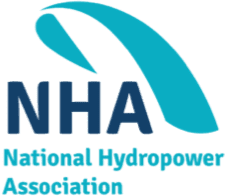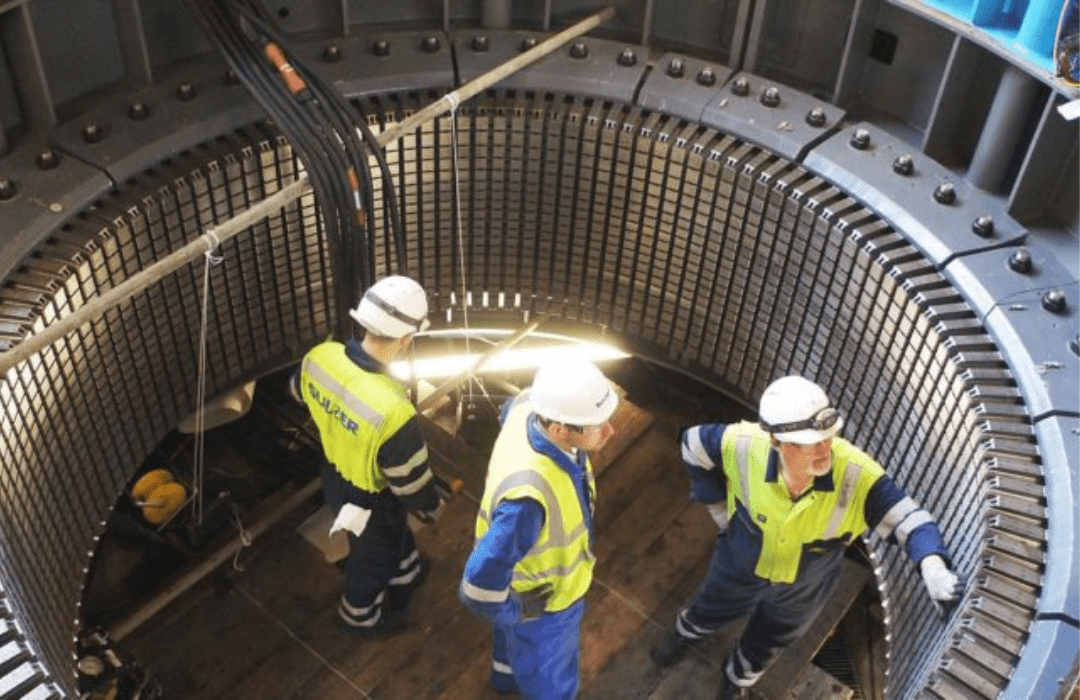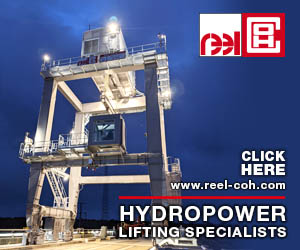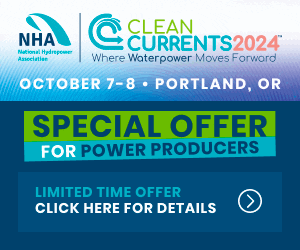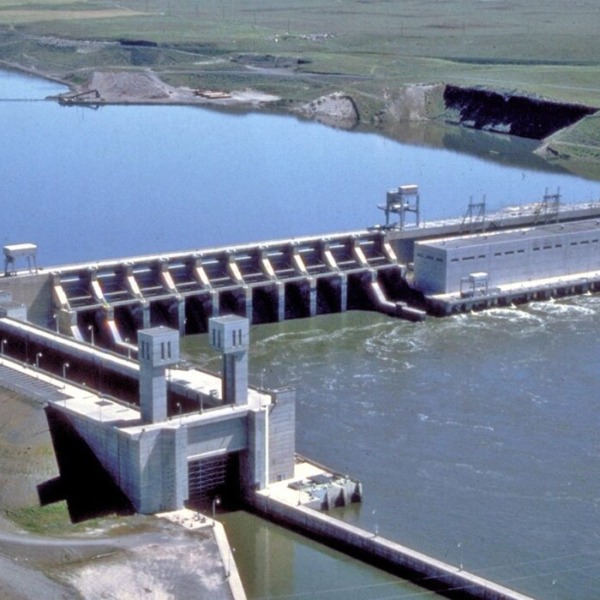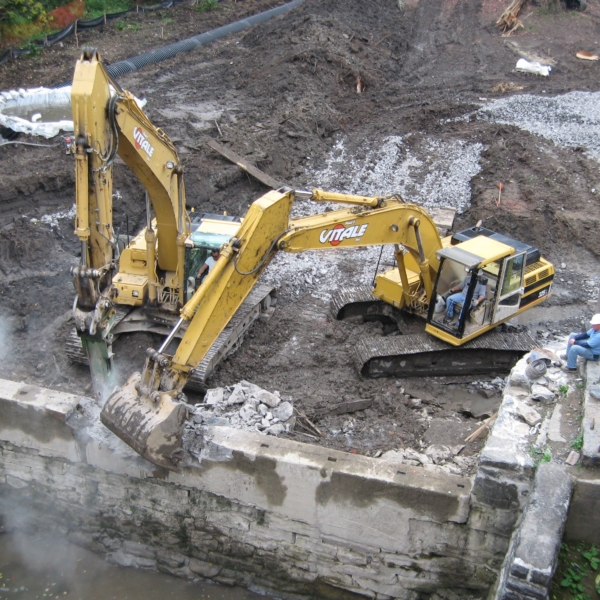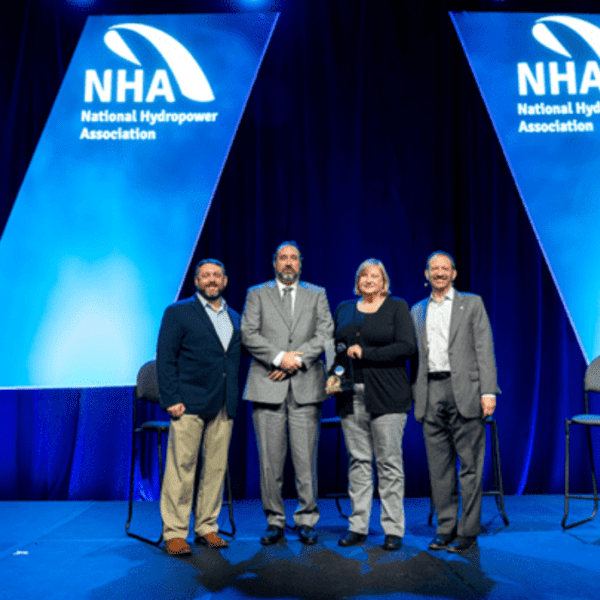When looking to address the hydropower industry’s workforce challenges, sometimes solutions come from outside sources. NHA’s Midwest Regional Meeting, taking place in Middleton, Wisconsin, from April 25 – 26, covers this important topic area with a session titled “How to Manage Workforce Challenges.”
Speaking during the session is Aaron Zimmerman, business representative, North Central States Regional Council of Carpenters. Zimmerman, whose work at the Council of Carpenters connects him with high school students and their families, understands how to communicate the industry’s needs while meeting the career demands of a new generation.
At “How to Manage Workforce Challenges,” which takes place April 26, 2023, at 9:05 a.m. CT, Zimmerman hopes attendees walk away from the session with new strategies for engagement and fresh ideas for outreach.
POWERHOUSE caught up with Zimmerman to learn more.
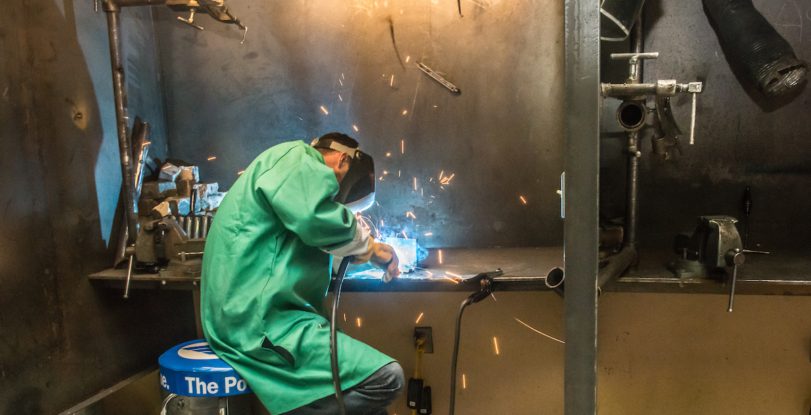
POWERHOUSE: Who are you? What’s your background?
Aaron Zimmerman: My name is Aaron Zimmerman, and I’m with the North Central States Regional Council of Carpenters. I’ve been on staff here for over ten years. Prior to that, I was in the construction field for about twelve years.
When I came on staff with the council in 2012, I worked with members, making sure things were good with our contractors, but my role has evolved from there.
We’ve gotten big into recruitment and retention – getting into the high schools, talking to students about opportunities in the trades through apprenticeships, and working with schools to use curriculum called Career Connections we developed for high school students.
Career Connections is a project-based curriculum that walks students through everything from building a birdhouse to building a house, as well as commercial work.
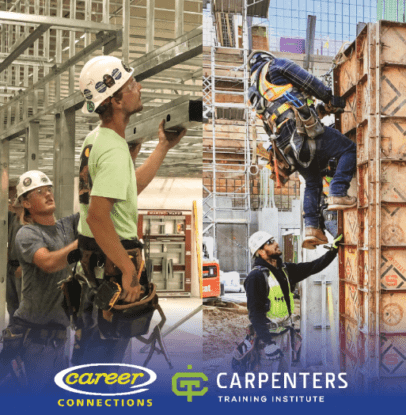
POWERHOUSE: You’re going to be speaking at the Midwest Regional Meeting in a few weeks. What will you be discussing?
Aaron Zimmerman: I’m sitting on the panel for Recruitment and Retention; specifically, I’ll be discussing how the waterpower industry can help recruit a new workforce.
I’ll be discussing how the carpentry union is reaching out to the youth to inform them of opportunities, letting them know about leadership roles, and creating connection with the aging workforce so that the two generations can work in harmony.
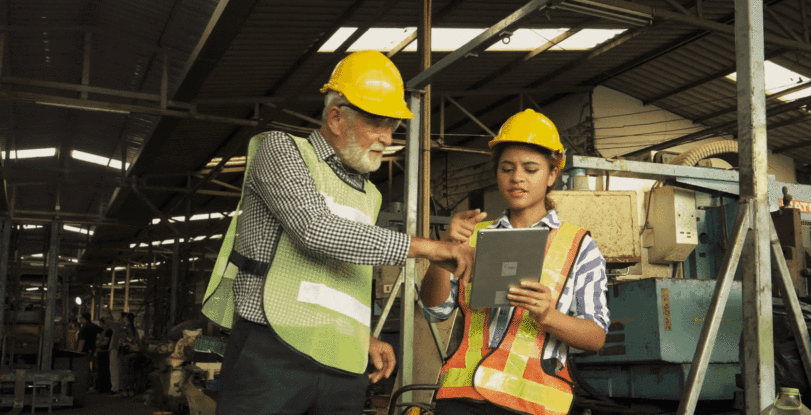
POWERHOUSE: What are some immediate actions the waterpower industry could take to connect with youth?
Aaron Zimmerman: The biggest thing is reaching out and cultivating relationships, preferably starting as early as middle school, if not as early as high school.
When I first started working with the high schools, talking to the students, I didn’t have immediate success. It took time – relationship building and talking with students.
When I first started, all I heard was: “I’m going to college,” “My parents want me to go to college,” or “I have to go to college.”
After talking with these students for years, they start to realize that they don’t necessarily have to go to college to have a sustainable career. You have to also work on changing the parent’s mindset, too. By showing that their children are going to better off with a trade, and that it won’t come at a loss of money or energy at college; rather, they’re going to get involved with a career path that excites them.
By building those relationships and starting the conversation with high school students interested in a trade, the hydro industry could be very helpful as a potential option for students looking for potential career paths.
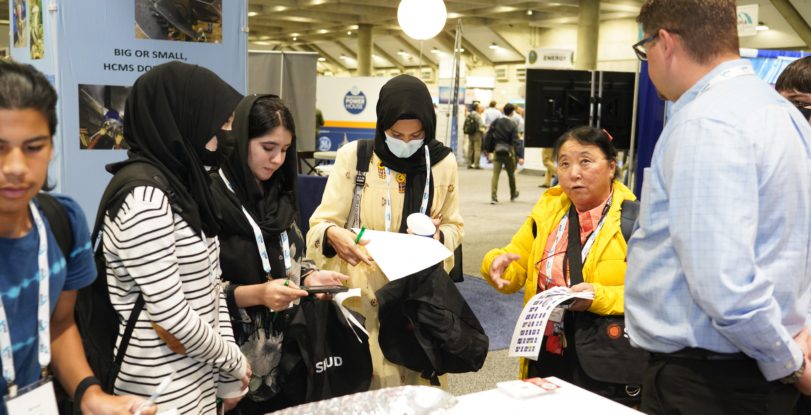
POWERHOUSE: What are some challenges your industry is facing that are comparable to hydro, and how are you addressing those challenges?
Aaron Zimmerman: The biggest problem is not having enough people that want to go into the work. Recruitment is a huge deal. We’re getting to the point where we’re going to other job sites and recruiting people who have the same skill sets but in different sectors.
Hydro is likely experiencing a similar pinch when it comes to not having enough people to fill in the gaps. Take skill capture and retention for example. With new people coming into the industry, you must train them while ensuring that those in the older generation pass off the knowledge and skills that made them successful in their roles.
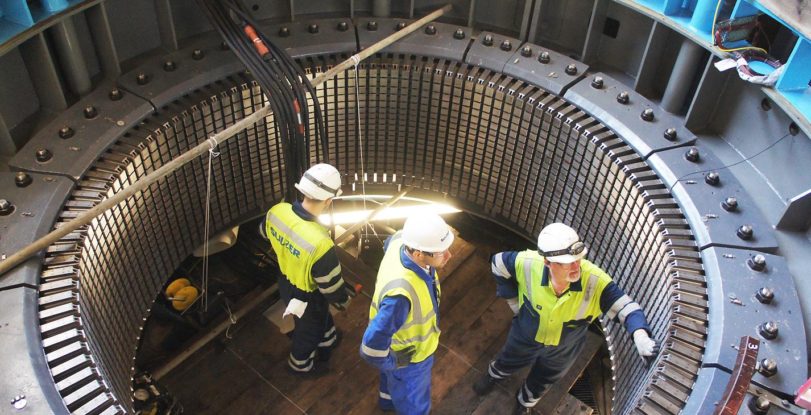
POWERHOUSE: When you speak at the upcoming Midwest Regional Meeting, what will attendees of your session walk away having learned?
Aaron Zimmerman: I hope they learn about some of the different strategies we’ve used to build relationships at a younger age, teaching younger individuals about what kind of work is available for them and what other opportunities are available to them.
I’ll also be discussing diversity and what the next generation is looking for in a career. The young people of today have concerns about salary – obviously they want to make good money – but they’re not as concerned about the health benefits a position offers. Generally, they’re more worried about the culture of a business, and diversity is another big thing on their minds.

